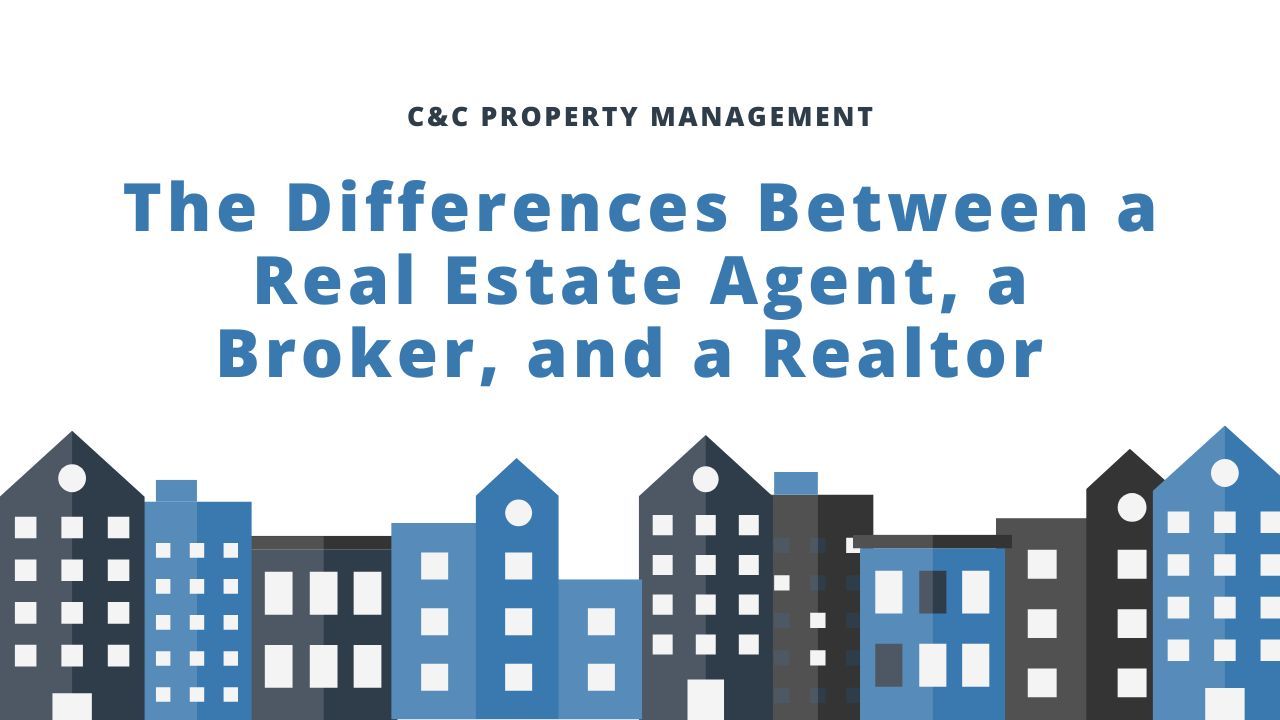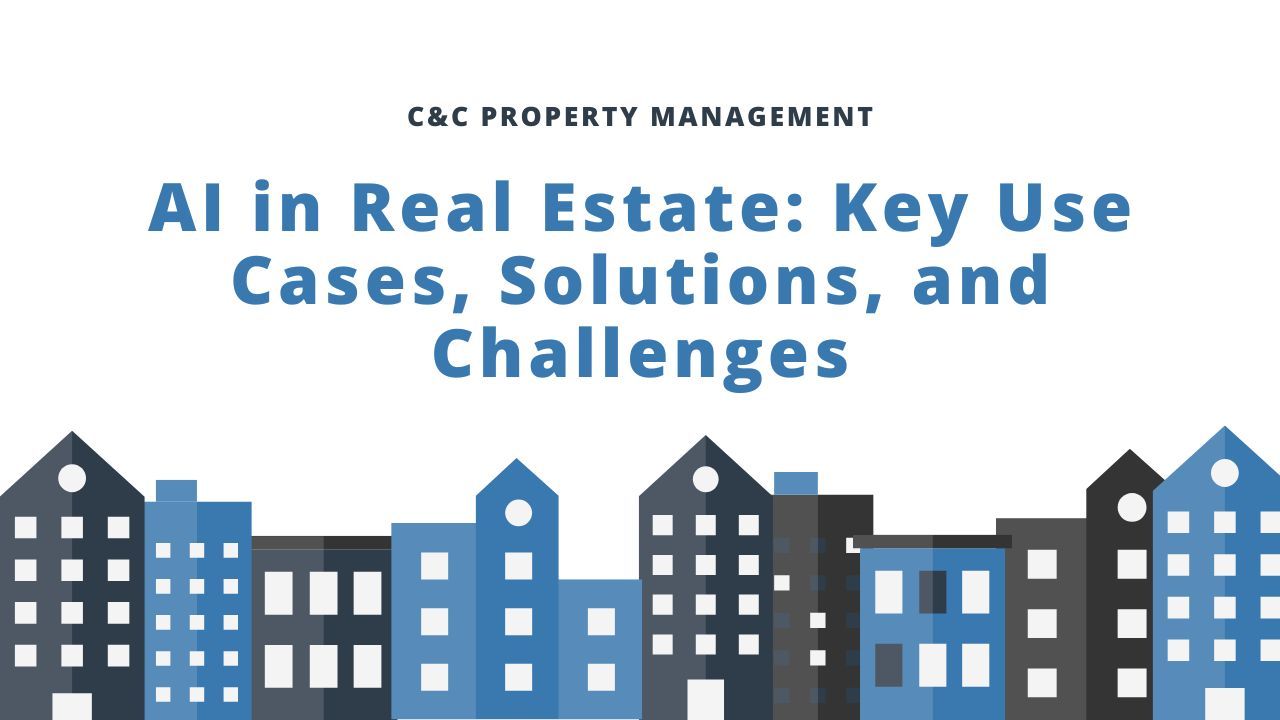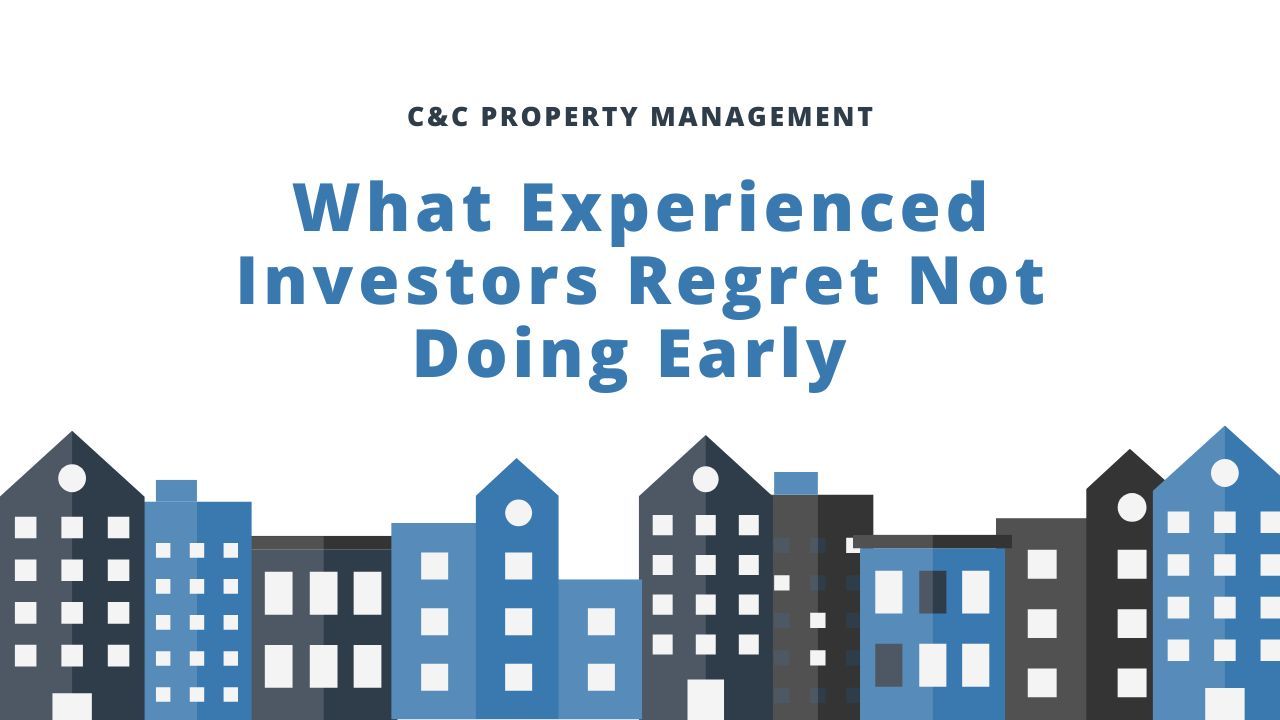6 Types of Landlord Insurance
As a property owner you must make sure you and your investment are protected.
The right landlord insurance policy will cover any unexpected financial losses or massive expenses, protecting the profitability of your operation.
Landlord insurance policies should cover property damage, liability, and lost rent if the property becomes uninhabitable. It’s a bit different than homeowners insurance and usually includes two types of coverage: property and liability protection. It’s important to remeber to make the change from a homeowner’s policy to a landlord policy if you previously occupied the property.
Generally, policies cost 25% more than a standard homeowner’s policy to pay for increased protections. Your mortgage lender will require proof of a valid landlord insurance policy. Remember, that insurance premiums are tax deductible for investors.
Technically, landlords aren’t legally required to have any type of insurance. However, if you’ve taken out a loan on the home, the lender may require property owners to have a basic homeowner’s insurance policy. Please note, a conventional home insurance policy may not protect you if you’re renting out the property.
To better understand the options available to landlords, here is a breakdown of additional coverage options to discuss with your insurance company:
Property Protection
Insurance policies designed for rental properties cover damage to the home from disasters like fire, lightning, wind, hail, ice, and snow. Standard policies do not cover flood damage, so you’ll need to take out a separate policy.
Personal Property Protection
Landlord policies cover personal property left on-site for maintenance or tenant use, such as appliances and lawnmowers. But they don’t cover tenant property- only renters insurance does that.
Liability Insurance
Policies can include liability coverage. For example, if someone falls on your property, liability protection covers legal fees and medical expenses.
Rent Loss Protection
If damage renders your property uninhabitable, your policy will cover the lost rent and pay you the amount of money you would have made in rental income. Rent loss insurance helps you continue to make mortgage payments when a tenant can’t rent the home. Keep in mind, rent loss protection isn’t necessarily a magic bullet. Many landlords are finding that coronavirus isn’t always a covered loss. You may be able to get a form of business interruption insurance. It protects you from interruptions to your rental income.
Floor Protection
Flood insurance policies are run by the federal government through NFIP (National Flood Insurance Program) and must be purchased in addition to your landlord insurance policy.
Acts of Nature Protection
Your dwelling coverage might limit or exclude certain types of damage. Your standard landlord insurance doesn’t always covers acts of nature such as earthquakes, hurricanes, and tornadoes. If you live in an at-risk area, discuss additional protections with your insurance provider.
As you can see, there are many things to consider when choosing your landlord insurance policy. It’s important to read the policy carefully, discuss options with your agent, and ensure that you are fully protected.
If you have questions about insurance policies, feel free to visit our website, www.ccrentalpro.com or reach out to us directly, 831-372-1964.








